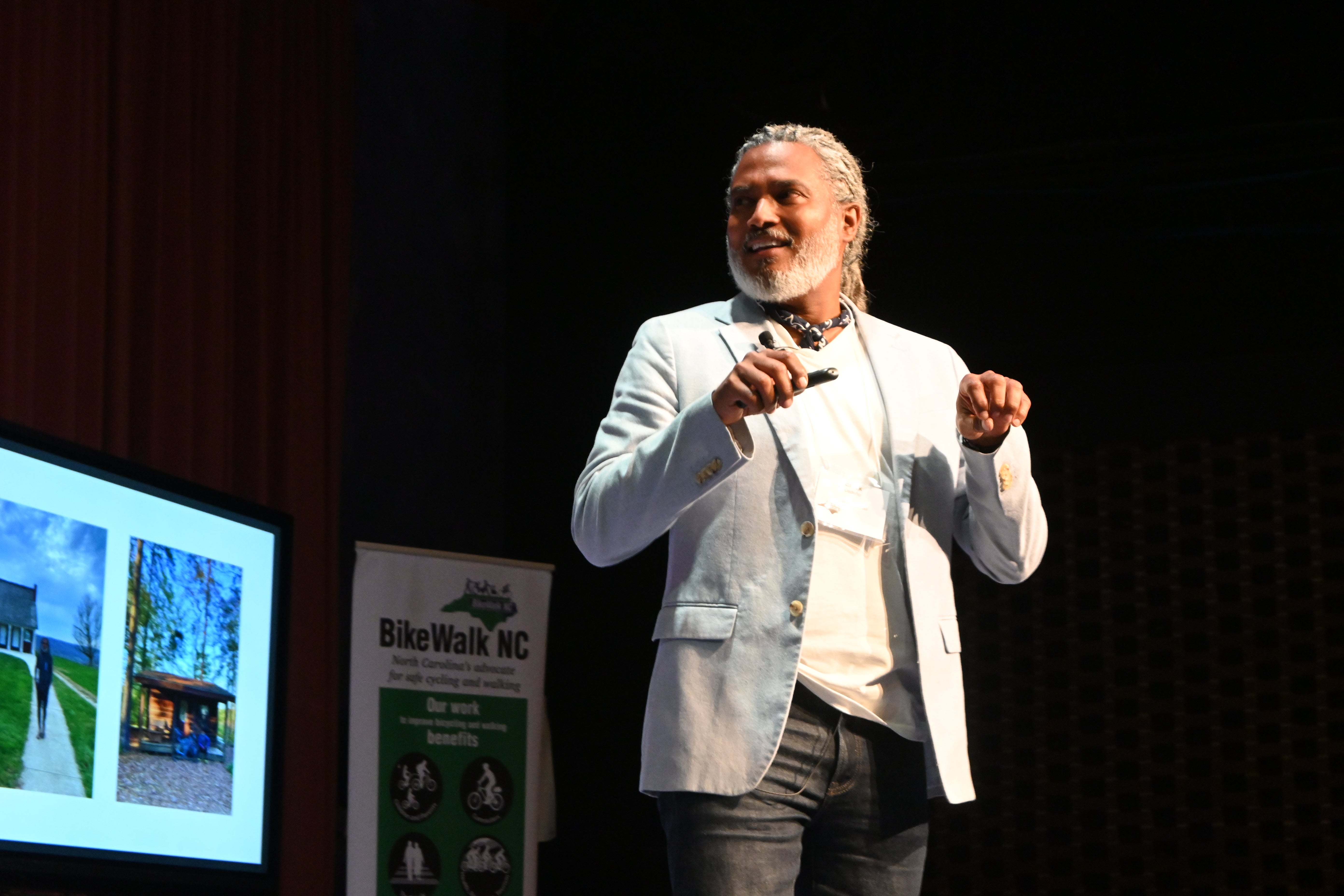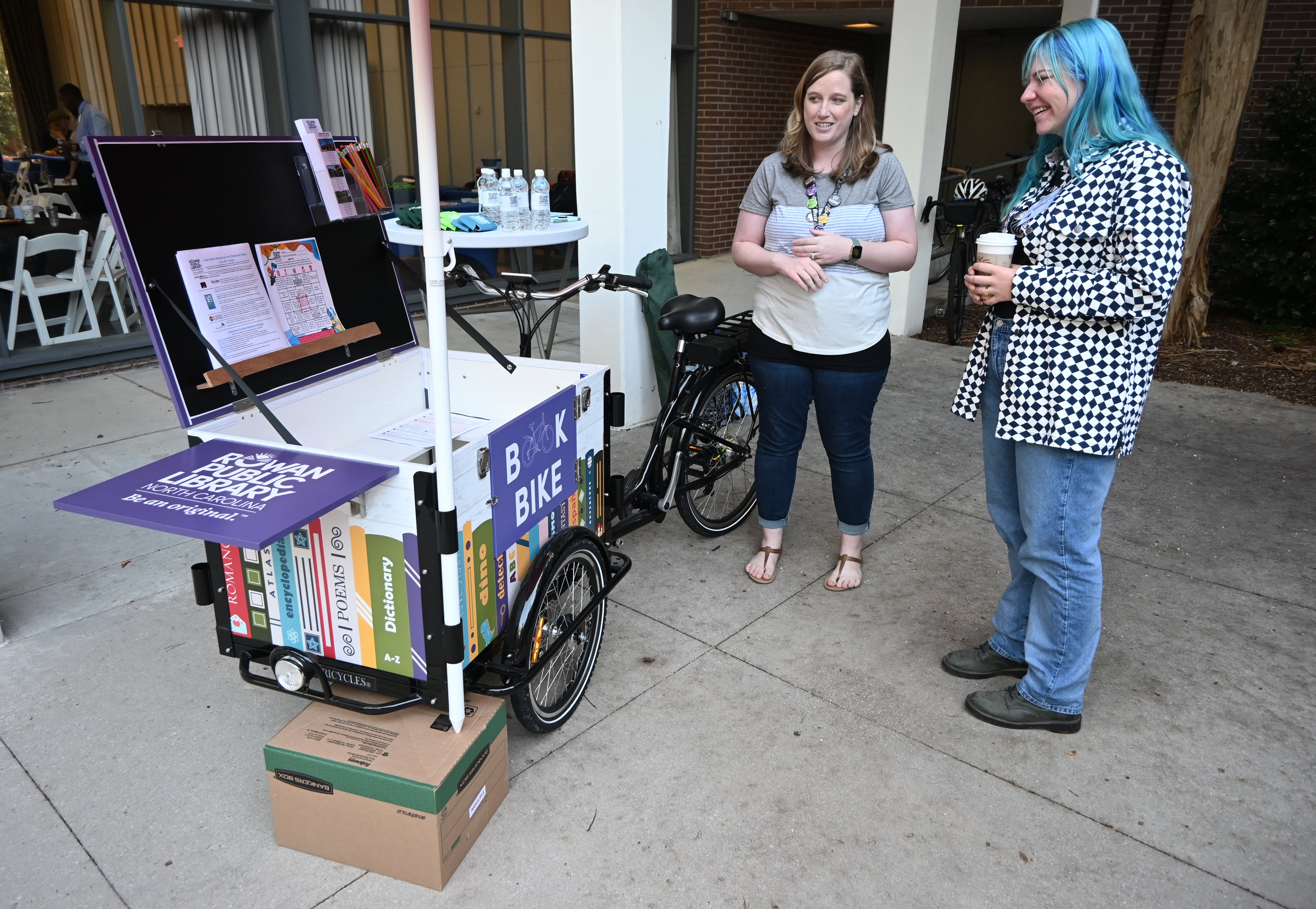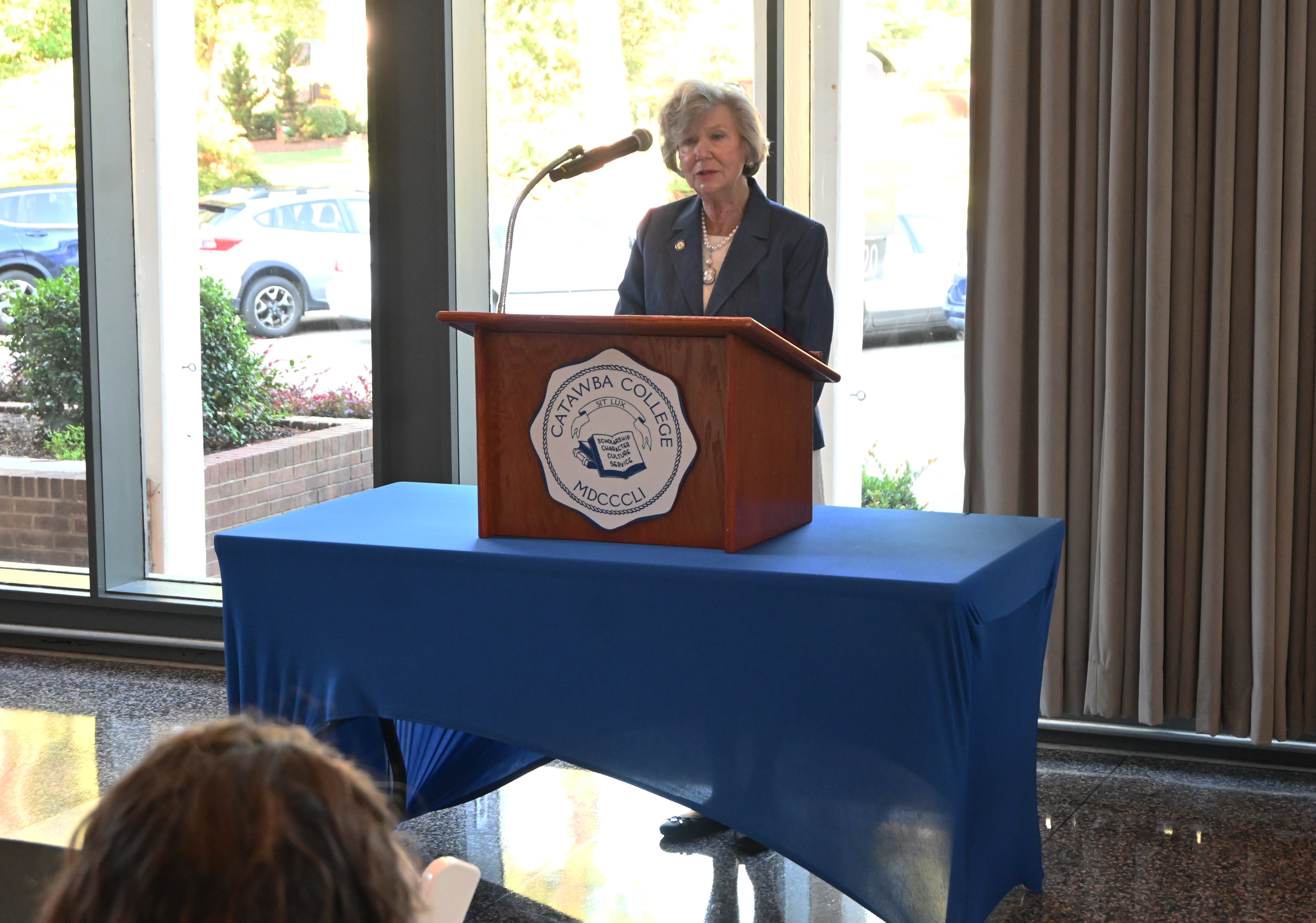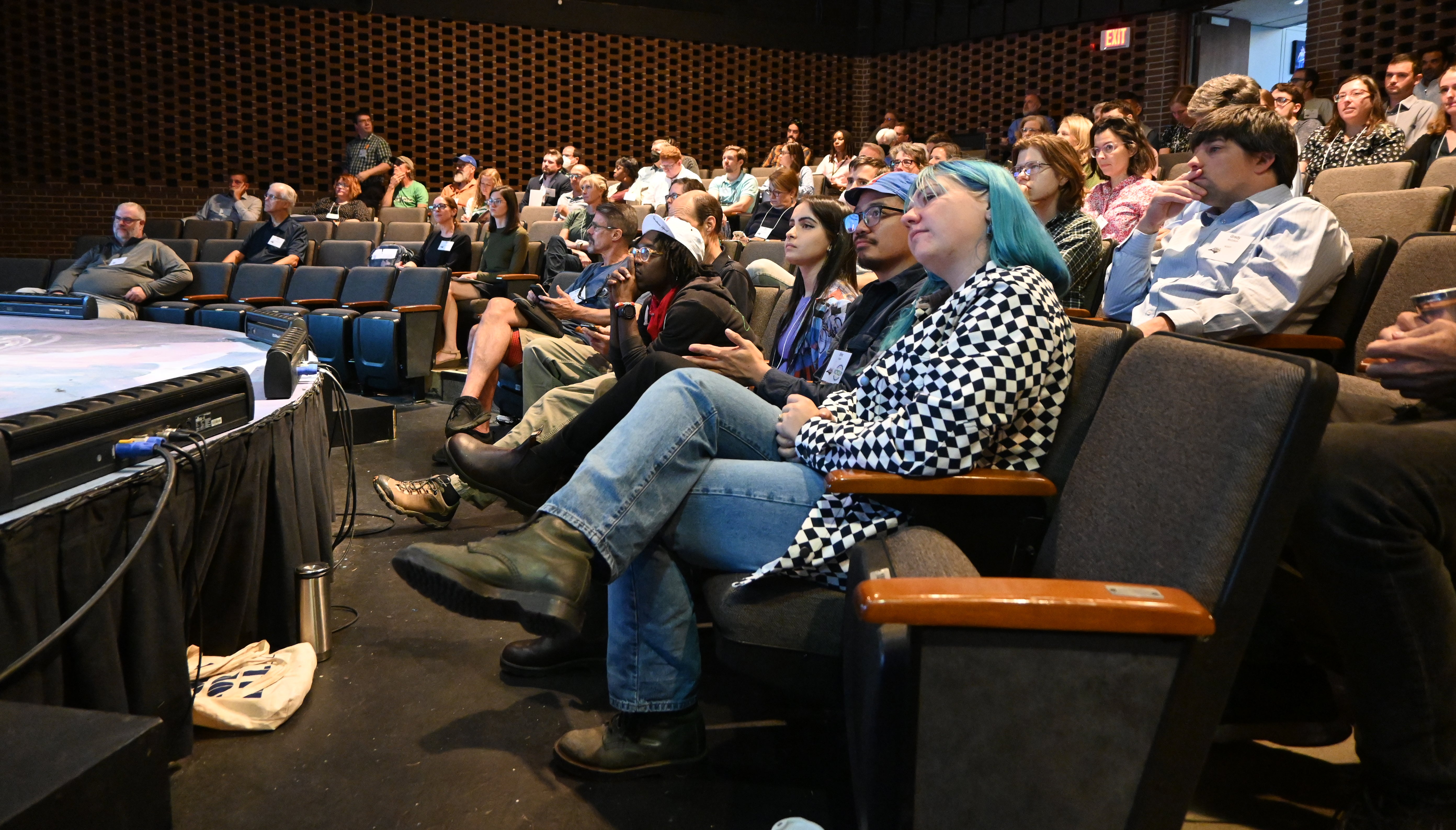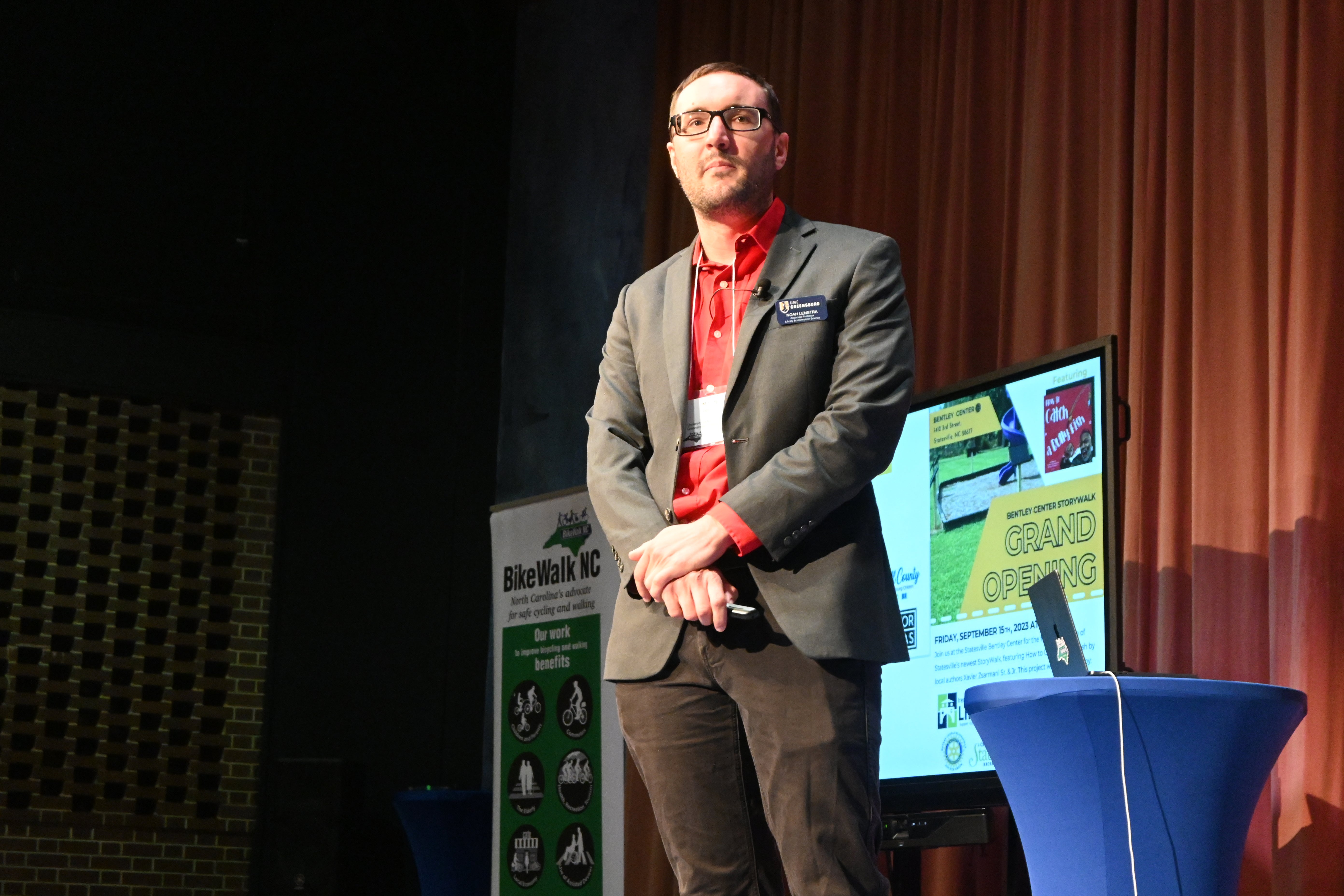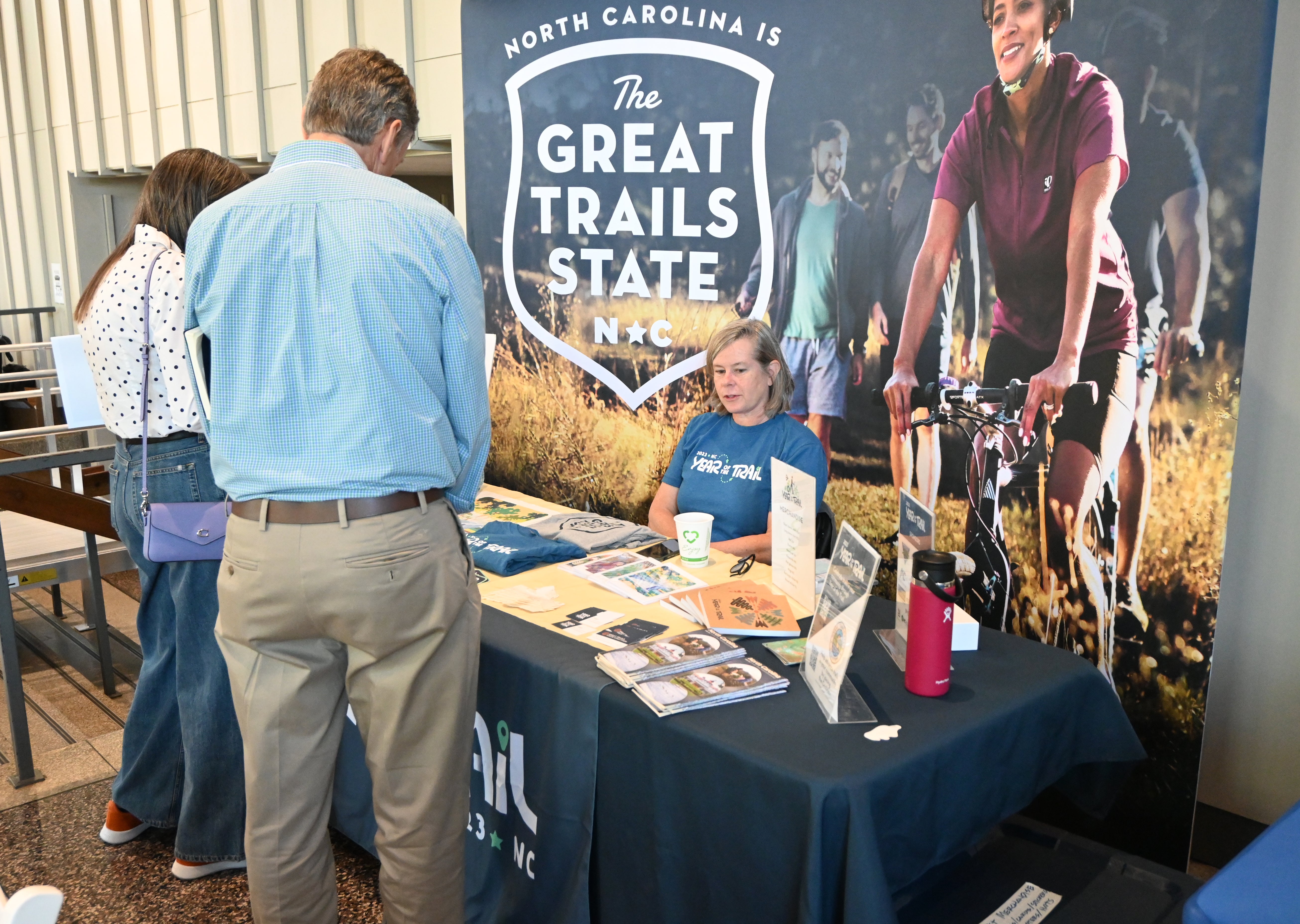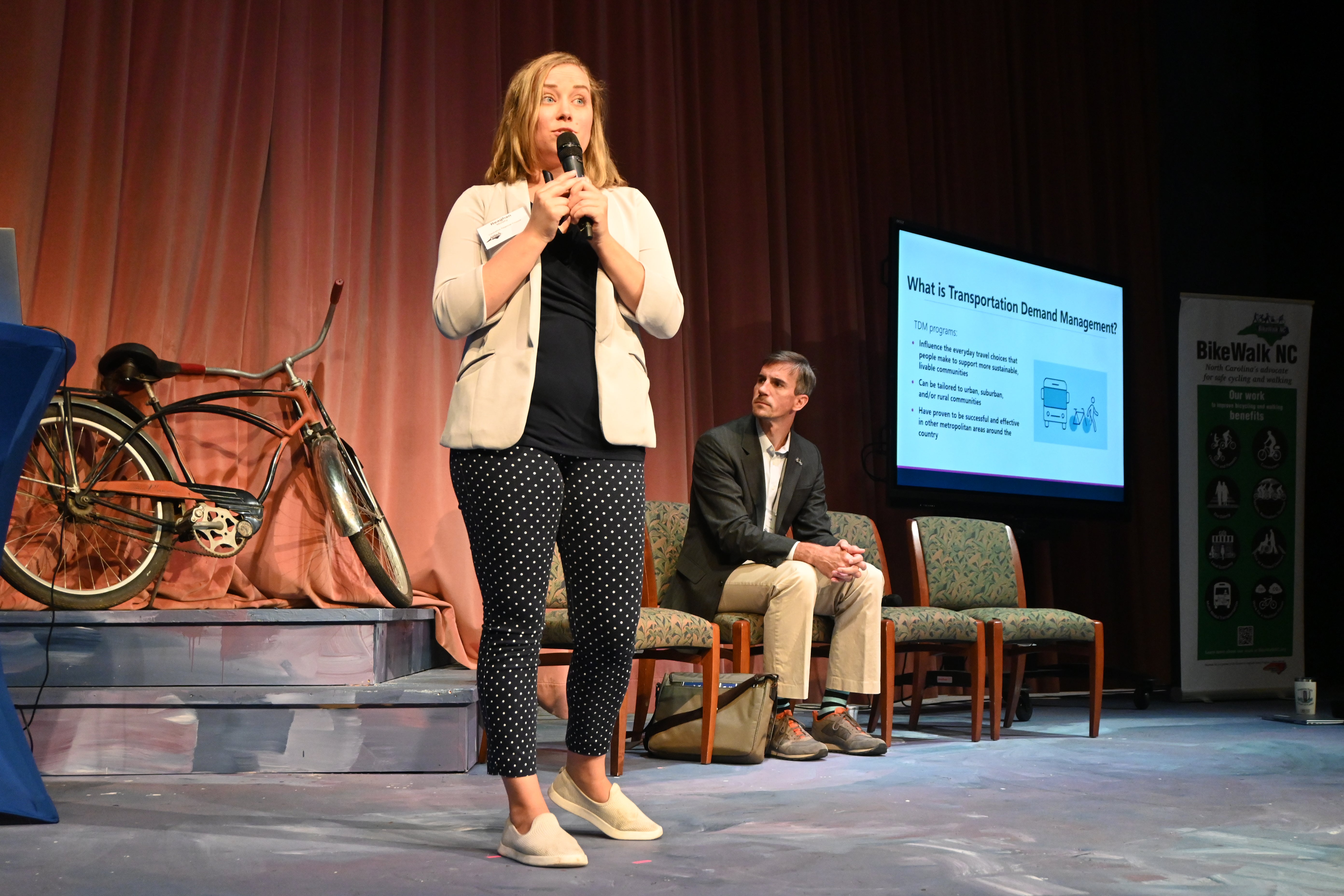Catawba College welcomes BikeWalk NC for their 12th annual Transportation Summit
Published 12:10 am Sunday, September 17, 2023
SALISBURY — Starting Thursday and ending Saturday, Catawba College is hosting BikeWalk NC’s 12th annual Transportation Summit. BikeWalk NC is a non-profit whose objective it is to create safer streets for cyclists and pedestrians on a state level. Every year, it organizes a summit that attracts engineers, advocates and planners from North Carolina to convene and discuss what circumstances they are facing when it comes to transit and long term answers that can lead to a more sustainable environment for everyone. Funding sources for road improvements is finite, so these conferences are crucial for painting a picture of where transit stands today.
“We want to understand and have our membership understand that this is impacting every community. Every loss of life that happens on our roads for active mobility is an issue and can be directly correlated to the lack of funding for these types of engineering projects and facilities on our roads,” BikeWalk NC Executive Director Terry Lansdell said. “Our theme this year is is modernization of the transportation network. When we think about modernizing of the transportation network, it just can’t be for vehicles alone, we have to make sure we modernize our transportation network for people first.”
Two hundred people from all over the state, representing both private and public interests, are making their way to Salisbury to better comprehend the current reality of transportation. On the first day of the summit, there was a cycling class that provided individuals the true experience of what riders deal with on roads. Friday was the main focus of the summit, with guest speakers from across the country sharing their stories and their work in transportation.
Erick Cedeño, an explorer and historian, rides his bike around the country to get a taste of the history and the state of how far the country has progressed over the years and how little it has grown. During his expeditions, he has ridden routes from the Underground Railroad and the Buffalo Soldiers. He shared how infrastructure like bridges and roads have evolved to make it easier on people traveling by transit, but also how there is geographic and economic inequity amongst citizens in the quality and availability for it as well. For those like Cedeño, transit goes beyond convenience and transportation, it acts as canvas for them to explore who they really are.
“The bike has been my therapy. People see me on Instagram, they see me smiling in different locations, but the bike has done a lot more than what people know. For me, I don’t know who I would have been without my therapist, my bike,” Cedeño said. “What would our society be today, or in the future, if we have more trails and more access for people to take their kids on bike rides or to take themselves on bike rides? The ultimate freedom machine.”
When thinking of transit, public libraries may not be what comes to mind for many, but it plays a factor in the overall need for adequate transportation. Associate Professor of Library and Information Science in the School of Education at the University of North Carolina at Greensboro Noah Lenstra believes libraries are the “missing link” regarding transit. Book bikes are a mobile version of libraries that brings the joy of reading to the masses by utilizing trails and roads to get to their desired destinations. Libraries have their own local partnerships where they can actively contribute to solving problems because they interact with a multitude of residents and they feel accessibility means no one gets left behind.
Transportation demand management is any kind of program that moves people from relying on single-occupancy vehicles to healthier and feasible traveling options. Reaghan Murphy of Centralina Regional Council and Scott Curry of Kittelson & Associates spoke on what they each do to sway minds to consider things like carpooling, walking and biking when getting somewhere. When it comes to urban, suburban and rural areas, these options vary widely. Changing a person’s behavior is no small task. When doing a poll with the audience, people surmised that not having convenient traveling alternatives and affordable housing near connections prevents long lasting change. Some of the ways they manage this is through direct communication and subsidy programs.
Vice President of Bikewalk NC Steven Hardy-Braz was riding his bike when he was struck and hit by a car in 2021. Now confined in a wheelchair, Hardy-Braz has a “very personal” interest in ensuring the transportation infrastructure in North Carolina is ADA compliant and useable for everyone.
“I think it’s been interesting to stimulate a lot of conversations. There are not a lot of easy solutions, but this touches upon all sorts of social, political, and economic issues, but I think it’s a good start to spur people on to think more of their environment. Take responsibility and empower people to build a better world,” Hardy-Braz said.
On Saturday, the last day of the summit, attendees will be choosing between a walk audit or a visit to the N.C. Transportation Museum.


